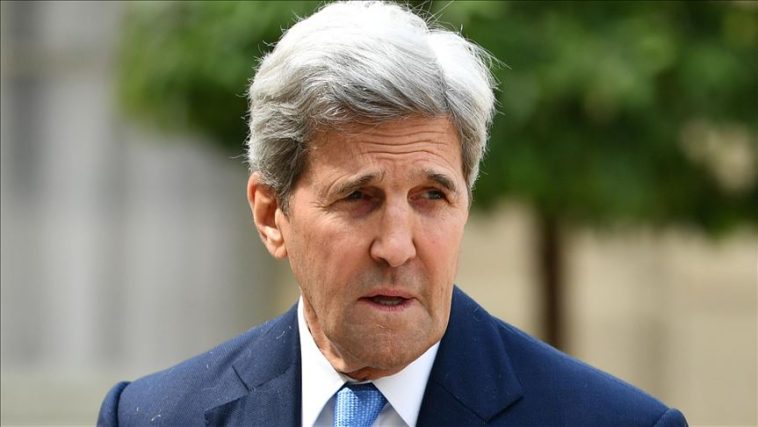Climate Alarmist John Kerry is reportedly planning to resign from his position in late winter to early spring, as disclosed by an anonymous source familiar with Kerry’s intentions. The source, opting to remain unidentified, has not been officially confirmed. Preceding this potential change, Kerry played a prominent role in the U.S. delegation at the U.N. climate summit in Dubai, where nations collectively committed to gradually reducing fossil fuel usage over the coming decades, marking a milestone in global climate diplomacy.
Fossil fuels, recognized as a major contributor to carbon emissions and the subsequent rise in global temperatures, have been a focal point of Kerry’s advocacy throughout his lengthy career in U.S. climate diplomacy. At 80 years old, Kerry has been a consistent presence, having previously championed a primary climate bill as a senator during the early years of the Obama administration. Later, as Secretary of State, he played a crucial role in crafting the Paris climate agreement, a landmark accord aimed at curbing greenhouse gas emissions.
Kerry’s collaborative efforts with China’s lead climate negotiator, Xie Zhenhua, have been instrumental in fostering agreements to combat pollution, given that both the U.S. and China are top global emitters of greenhouse gases. Despite the complexities of Sino-American relations, this partnership has maintained a focus on addressing climate-related challenges.
Acknowledged by peers for his diplomatic contributions, Kerry is credited with revitalizing U.S. credibility on climate matters internationally after a four-year hiatus during the Trump administration. His dedication to the global climate framework has left a lasting impact, influencing increased climate action in recent years.
As Kerry plans to step down, there is recognition of his legacy in advocating for innovative methods to secure aid for developing nations dealing with the impacts of climate change. His approach includes leveraging financial resources from businesses and international organizations. However, challenges remain, particularly in fulfilling financial pledges, with concerns about the U.S. commitment to climate financing.
Kerry’s departure raises questions about the future direction of U.S. climate policy and its approach to global climate financing. Despite ongoing debates over monetary contributions, Kerry remains optimistic about the world’s ability to substantially reduce greenhouse gas emissions and avert a climate disaster. His legacy is seen as extraordinary, with praise for his adept navigation of climate discussions and efforts to address specific challenges, such as curbing methane emissions from the oil and gas industry.



